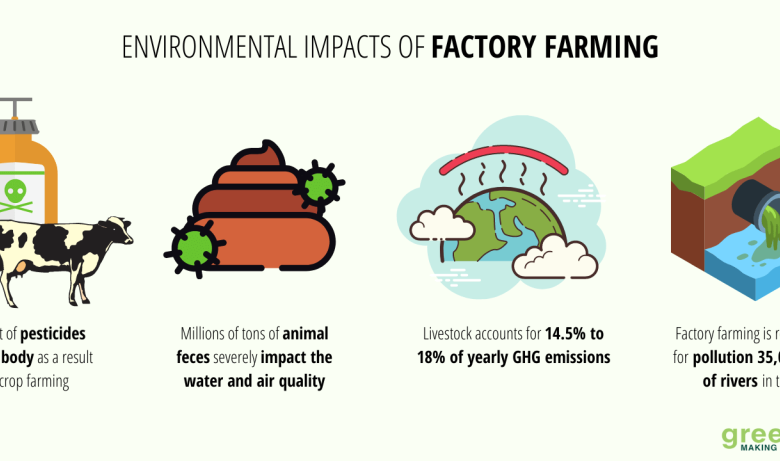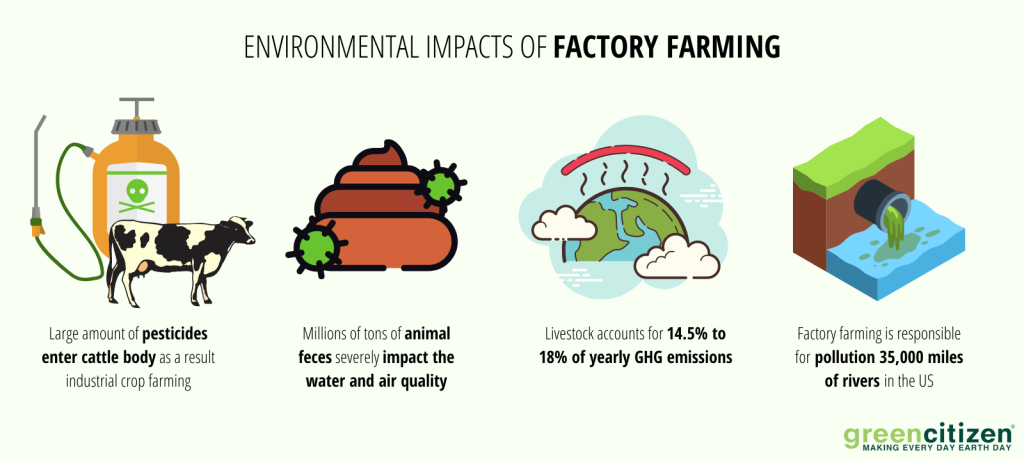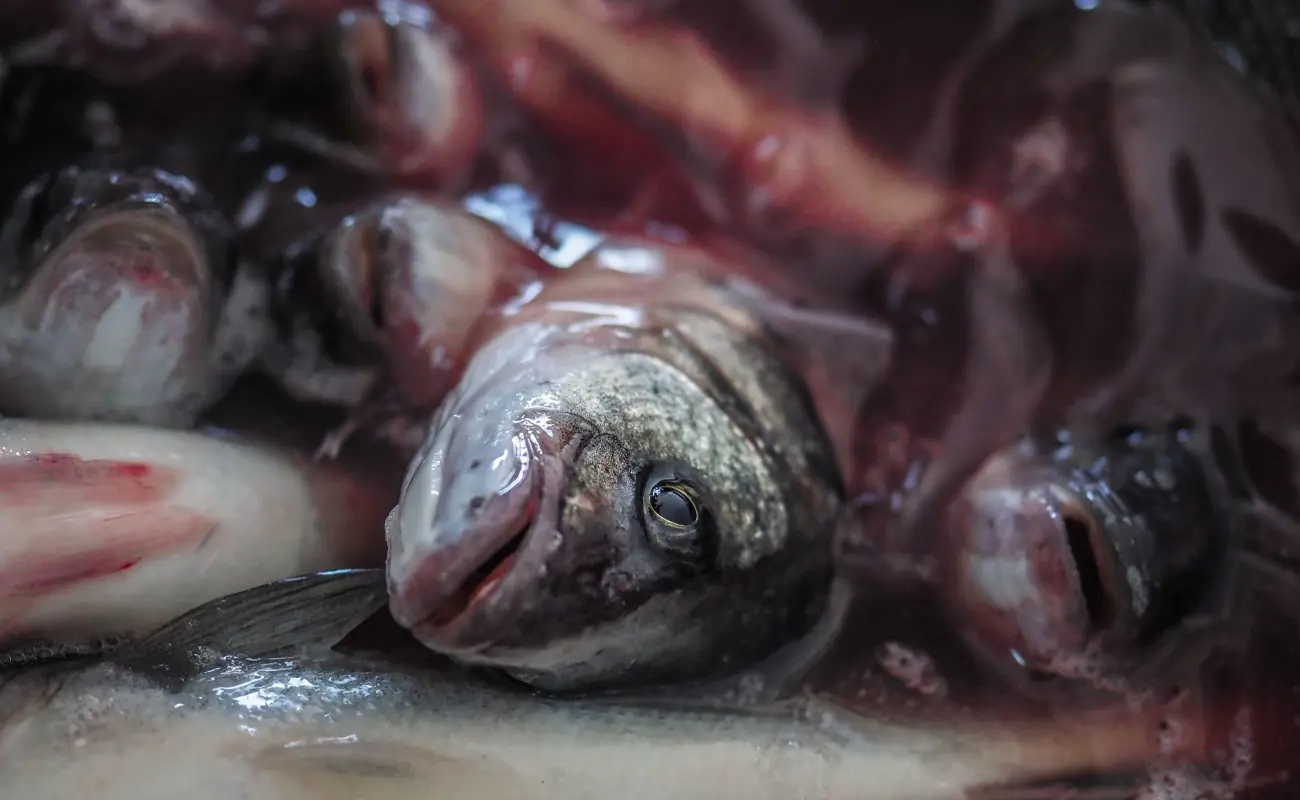🌍 Factory Farming’s Hidden Toll on the Planet: Humane Foundation Urges Global Environmental Action

While much of the world’s attention is focused on carbon emissions from cars and industries, a silent environmental catastrophe continues to unfold in fields, feedlots, and factory farms across the globe. The Humane Foundation is bringing renewed focus to the devastating environmental cost of industrial animal agriculture — from deforestation and biodiversity loss to water pollution and greenhouse gas emissions.
Factory farming is not just an animal welfare issue — it is one of the most urgent threats to our planet’s future. The Foundation is calling on policymakers, environmentalists, and global citizens to recognize the ecological impact of our food choices and take bold action to reform the way we produce and consume animal products.

🌿 The Climate Crisis on Our Plates
Industrialized animal agriculture is responsible for a significant share of global emissions, contributing more to climate change than the entire transportation sector. The methane from livestock, nitrous oxide from manure, and carbon emissions from deforestation all combine into a triple threat.
The Climate Change and Greenhouse Gas Emissions section of the Humane Foundation’s educational portal outlines the science behind these emissions and their accelerating effect on global warming.
🏞 Deforestation and Biodiversity Loss Driven by Demand
To feed billions of animals raised for food, vast swaths of forest are cleared to grow monoculture crops like soy and corn — not for people, but for livestock feed. This massive land use change drives habitat destruction and threatens countless species with extinction.
Explore the Deforestation and Biodiversity Loss pages for more information on how animal farming directly undermines the planet’s ecological stability.
💧 A Drain on Water and Soil Resources
Factory farming requires enormous amounts of water — both for the animals themselves and to grow their feed. Runoff from manure lagoons and slaughterhouse waste contaminates rivers, lakes, and groundwater, while antibiotic use in livestock contributes to the rise of resistant superbugs in the environment.
The Water and Soil Impact resource from the Humane Foundation illustrates how these impacts ripple through entire ecosystems, affecting not only wildlife but human communities and future generations.

🌊 Oceans Are Not Spared
Marine life suffers too. Industrial-scale fishing, pollution from livestock runoff, and fish farming practices have ravaged ocean ecosystems. Fish and aquatic animals — many of them sentient — are pulled from the seas in destructive, indiscriminate ways.
The Foundation’s Marine Ecosystems and Overfishing page explores the often-overlooked link between factory farming and collapsing marine biodiversity.
✅ The Sustainable Solution Exists
There is a solution — and it starts on our plates. Shifting toward plant-based diets dramatically reduces land, water, and carbon footprints. It’s not only possible; it’s already happening. Consumers, chefs, schools, and cities around the world are embracing cleaner, greener diets that do not depend on the exploitation of animals or the planet.
To help individuals take the first steps, the Humane Foundation offers practical guidance through its Sustainable Eating hub — from nutrition tips to meal ideas and policy advocacy.
🔍 Reimagining a Future Without Environmental Cruelty
Ending factory farming isn’t just an act of compassion for animals — it is an environmental necessity. If we are to meet climate goals, protect natural ecosystems, and secure clean air and water for future generations, we must transform the way we produce food.
The Humane Foundation urges everyone — from individuals to international bodies — to recognize the role of industrial animal agriculture in environmental collapse and join the movement toward a sustainable, ethical future.




